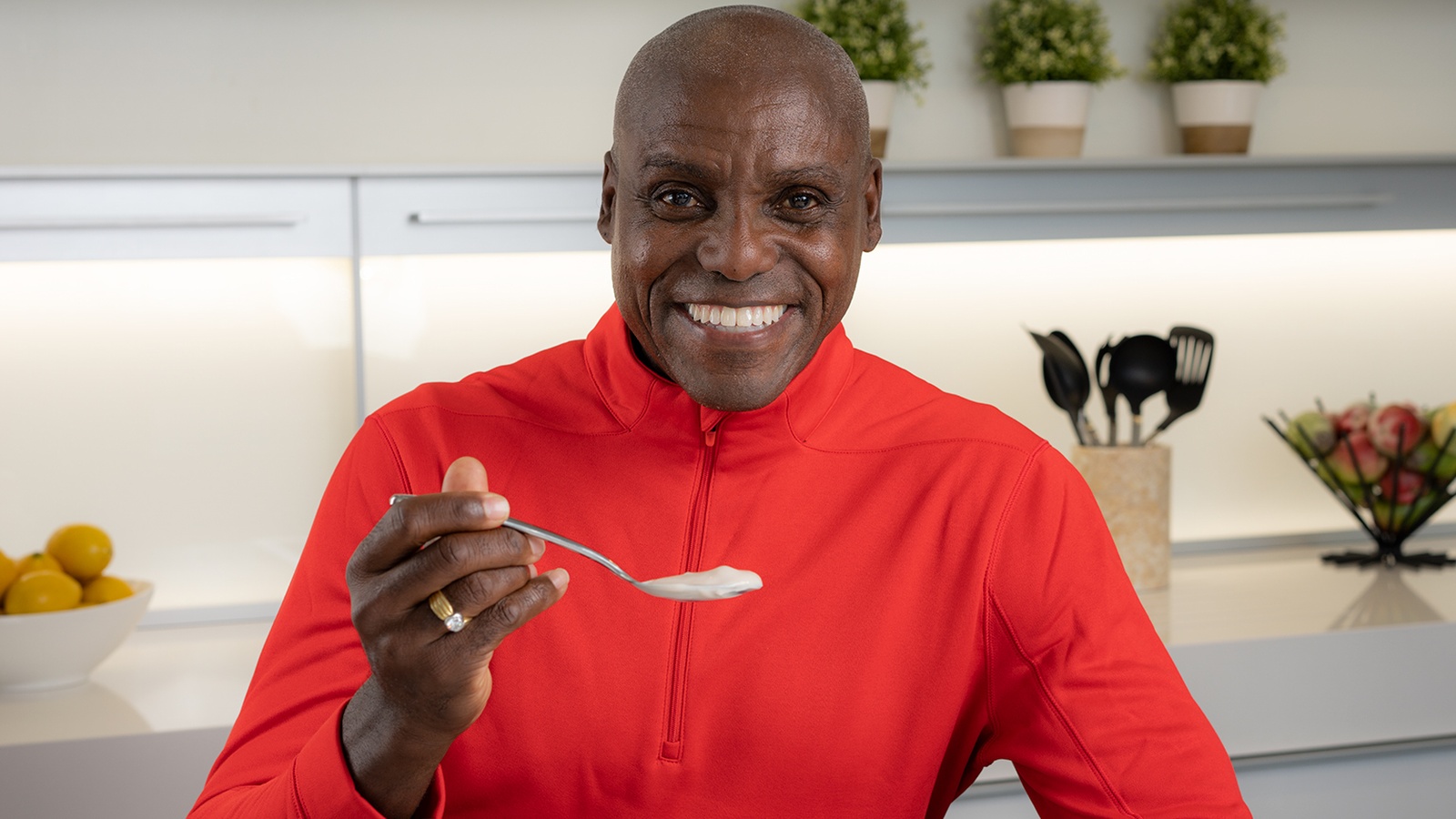Nine-time Olympic gold medalist Carl Lewis is teaming up with Silk Soymilk for the Silk Team Protein initiative, a contest that would provide a total of $50,000 to five HBCU track and field programs.
“We’re committed to celebrating and championing a diverse and inclusive world, and through this HBCU initiative we hope to give more opportunities to a community that deserves equal funding,” Terrance Irizarry, the chief diversity officer for Silk’s parent company, said.
In a press release, the organization said it aims to inspire the next generation of plant-powered athletes and close the funding discrepancy between HBCU and PWI athletic programs.
The contest will be based on nominations. Anyone can nominate a school with up to 300 words about why their school should receive the donation from Silk. The contest ends on July 22. Winning schools will receive $10,000 each to go toward necessities such as equipment and uniforms, a season’s supply of Silk Soymilk and a Q&A session with Lewis.
HBCU sports programs have struggled with funding. In 2016, The Undefeated reported that more than a dozen sports had been dropped at HBCUs, including the men’s track and field team at Clark Atlanta University. Due to a lack of funding and Title IX compliance issues brought on by lower enrollment, HBCUs have been forced to reevaluate many of their sports programs.
Silk’s donation comes at a time of increased interest in HBCUs, with many high-profile students choosing to attend HBCUs and many donations and scholarship funds pouring in, as Blavity previously reported.
“What I think is wonderful that’s happening now, especially in the last couple of years, is that we're being able to refocus attention to those schools, and focus attention to how important they've been and integral they have been in the fabric of our society,” Lewis said.
Though he did not attend an HBCU himself, Lewis said he understands the importance of investing in them.
“It was an integral part for African Americans for so many years, to be able to have access to sports and even college, for so many of these students. And now that the access is everywhere, it really affected [HBCUs] dramatically. I know, in many cases, they don't have the same budgets, same opportunities, so in order to be able to help them it's just, it's just a great initiative,” he said.
The athlete, who is also an assistant coach at the University of Houston, is the product of two former HBCU students. His mother and father met at Tuskegee University, which was then called Tuskegee Institute, in Alabama. The experience, he said, opened the door for other family members to have careers in teaching, and for his parents to get involved in the Civil Rights movement in Alabama where he was born.
In partnering with Silk, Lewis said that in addition to the $10,000 donation, he hopes to give HBCUs exposure and to promote a healthy diet for young athletes.
He has been on a plant-based diet since his late 20s and stresses the importance of a healthy diet, which he credits with some of his later athletic success. He achieved his personal bests in the long jump and the 100-meter race in the 1991 Tokyo Olympics at 30 years old.
Though a plant-based diet may not be right for everyone, he said replacing milk with Silk in cereal and everyday drinking is a simple way for young athletes to integrate healthy choices into their diets.
For more information, or to nominate a school, visit silkteamprotein.com.

